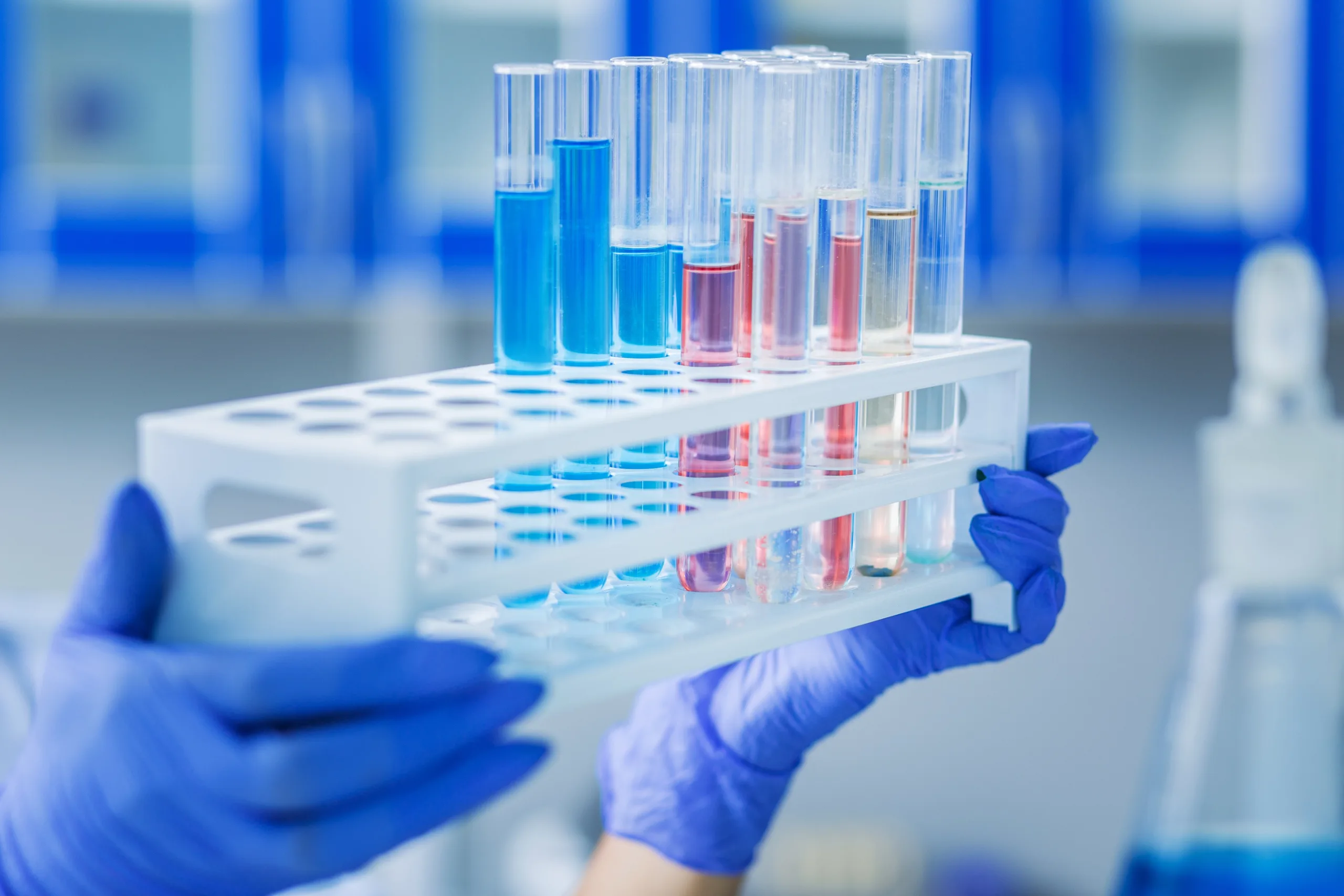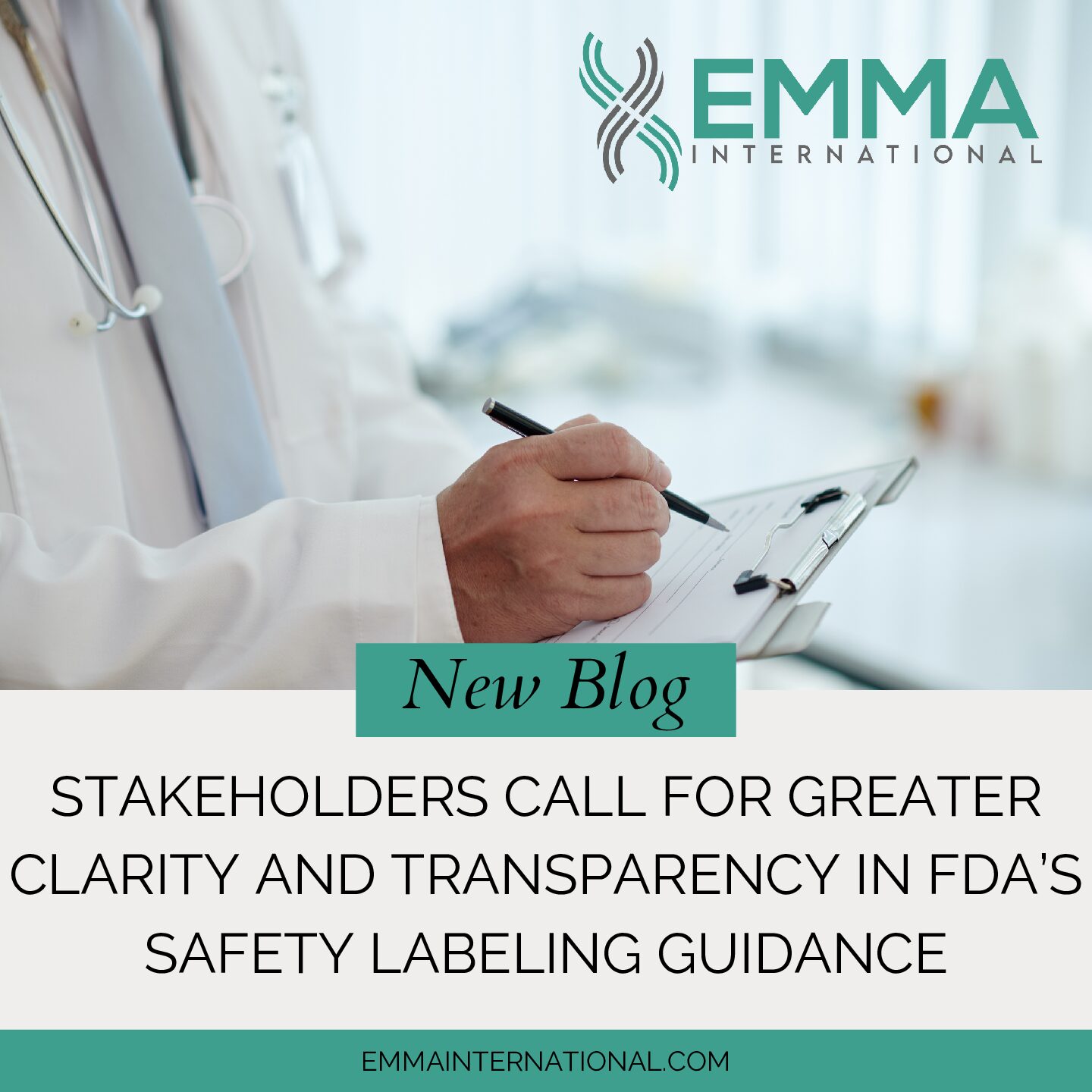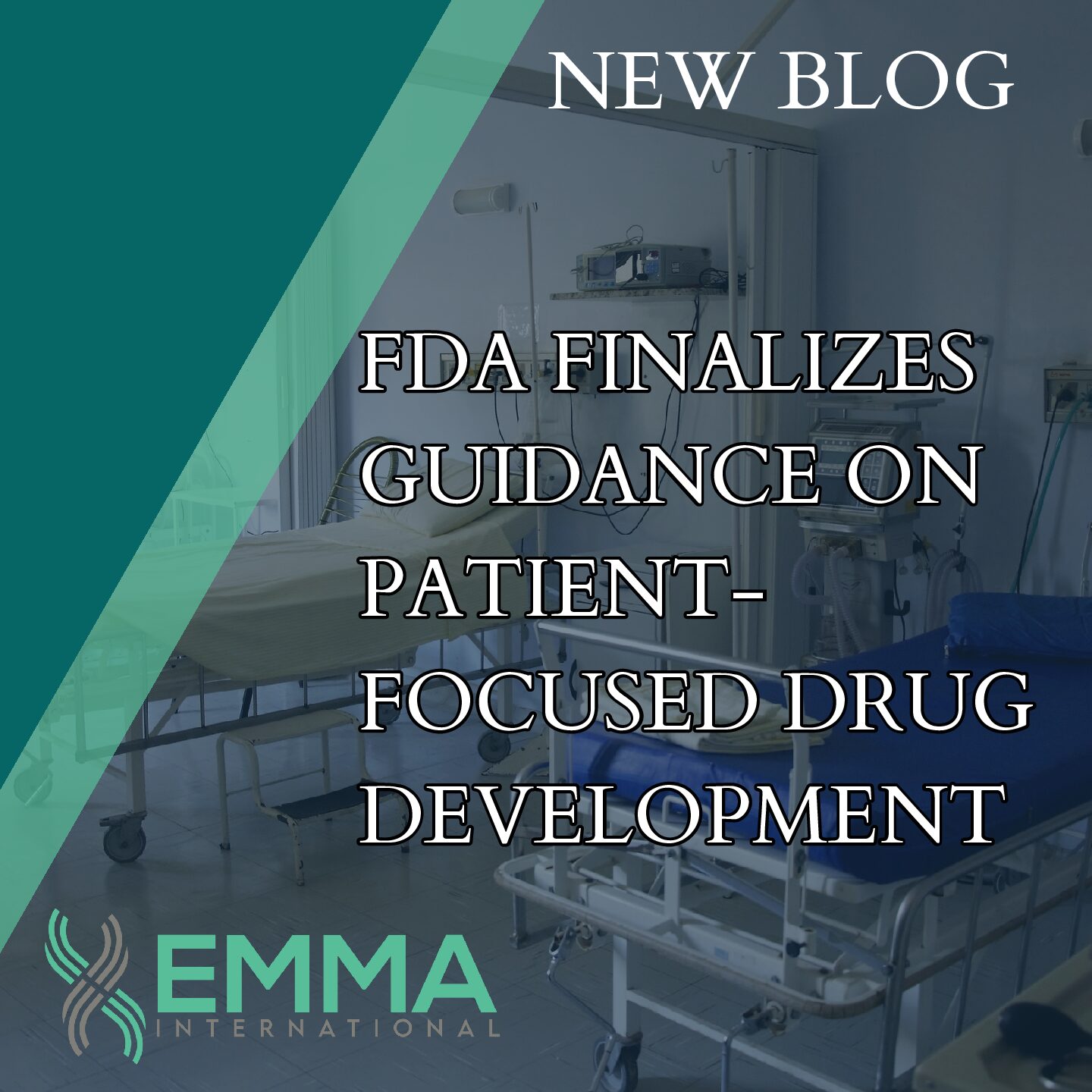Whether it’s biotech, environmental analysis, or materials science, the ability to precisely characterize chemical substances is fundamental. The Center for Devices and Radiological Health (CDRH) has recently unveiled a groundbreaking initiative aimed at enhancing the capabilities of chemistry labs worldwide. Their new dataset promises to revolutionize chemical characterization methods, offering a wealth of benefits for researchers, analysts, and industry professionals alike.
Accurate chemical characterization is crucial across numerous industries. To ensure the safety of medical devices, specifically for biocompatibility, precise analytical techniques are indispensable. However, achieving this level of precision often requires extensive data, sophisticated instrumentation, and significant expertise. This is where CDRH’s initiative steps in, aiming to streamline and enhance the chemical analysis process.
The CDRH dataset is a comprehensive collection of chemical spectra, chromatograms, and associated metadata. It encompasses a wide range of chemical compounds, including pharmaceuticals, environmental contaminants, and industrial chemicals. What sets this dataset apart is its sheer breadth and depth, offering researchers access to an extensive library of reference materials for method development and validation.
Key Features and Benefits include:
- Diverse Chemical Library: The data includes spectra and chromatograms for a vast array of chemical compounds, covering different classes, structures, and properties. This diversity enables researchers to test and validate their methods across various substances, ensuring robustness and reliability.
- High-Quality Data: CDRH has prioritized the quality and accuracy of the dataset, ensuring that spectra and chromatograms are meticulously curated and annotated. This commitment to excellence enhances the reliability of analytical methods developed using the dataset, instilling confidence in research findings and regulatory submissions.
- Standardization and Interoperability: The dataset adheres to standardized formats and metadata conventions, facilitating interoperability across different analytical platforms and software tools. This standardization simplifies data exchange and comparison, promoting collaboration and innovation within the scientific community.
- Accessible and User-Friendly: Accessibility is a cornerstone of the CDRH initiative. The dataset is freely available to researchers, academics, and industry professionals, fostering inclusivity and democratizing access to cutting-edge analytical resources. Moreover, user-friendly interfaces and documentation make it easy for users to navigate and leverage the dataset effectively.
- Support for Method Development and Validation: Whether developing new analytical methods or validating existing ones, researchers can leverage the CDRH dataset as a valuable resource. By comparing experimental results with reference spectra and chromatograms, analysts can assess method performance, identify potential challenges, and optimize experimental parameters.
The introduction of the CDRH dataset carries profound implications for the scientific community. Namely, the dataset allows for testing houses to accelerate their investigations into complex chemical systems, leveraging the dataset to elucidate molecular structures, reaction mechanisms, and biochemical pathways. This has a significant impact on the medical device industry as it will allow for more efficient biocompatibility and chemical characterization testing.
Looking ahead, CDRH is committed to expanding and refining the dataset in collaboration with academic researchers, industry partners, and regulatory agencies. Continuous feedback and contributions from the scientific community will drive improvements and ensure that the dataset remains relevant and impactful in addressing emerging challenges in chemical analysis and characterization.
The CDRH dataset represents a significant milestone in the field of chemical characterization, offering a valuable resource for researchers, analysts, and industry stakeholders. By providing access to high-quality spectra, chromatograms, and metadata, the dataset empowers laboratories to enhance their analytical capabilities, accelerate research, and advance scientific knowledge.
If you need support to bring your medical device to market, and are unsure of what testing is required for your device, the experts at EMMA can help! Call us at 248-987-4497 or email info@emmainternational.com to learn more.
FDA (April 2024) CDRH Unveils New Dataset to Help Improve Chemical Characterization Methods for Biocompatibility of Medical Devices retrieved from: https://www.fda.gov/medical-devices/medical-devices-news-and-events/cdrh-unveils-new-dataset-help-improve-chemical-characterization-methods-biocompatibility-medical#:~:text=This%20dataset%20will%20allow%20analytical,gas%20chromatography%20(GC)%20protocols.




